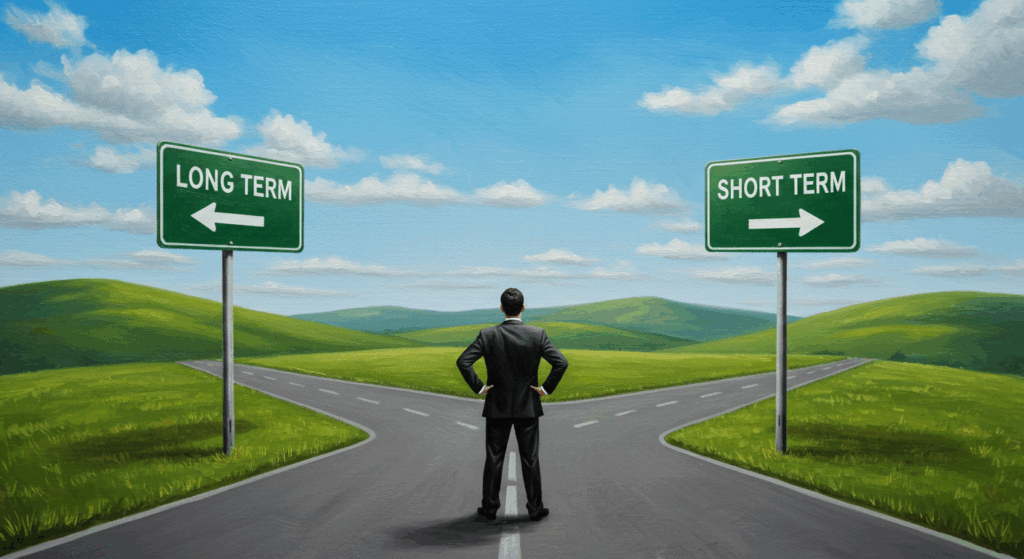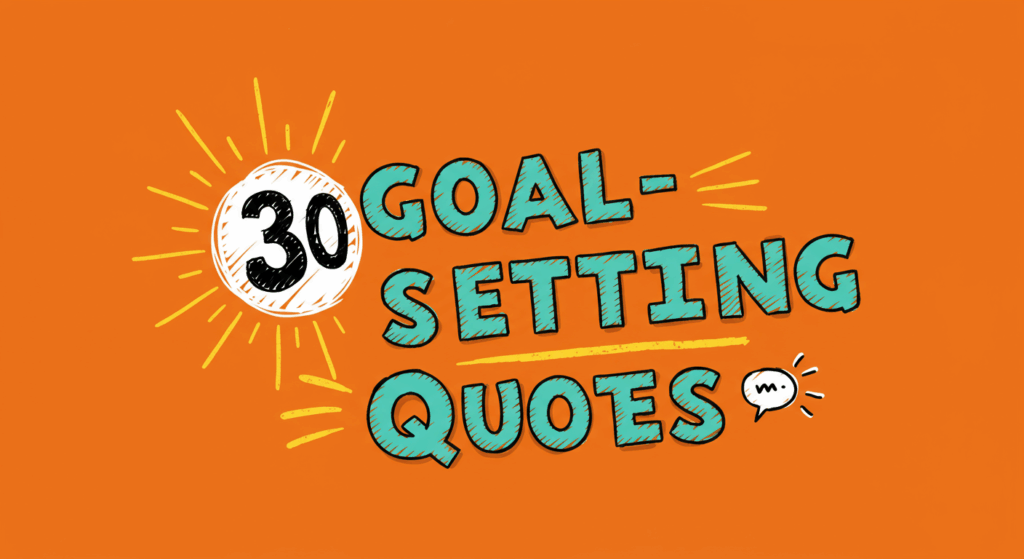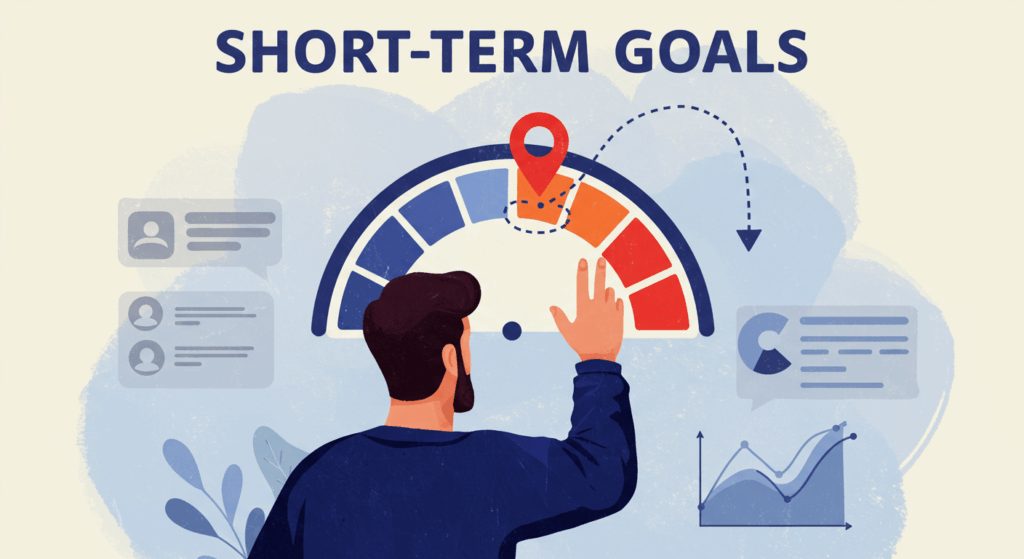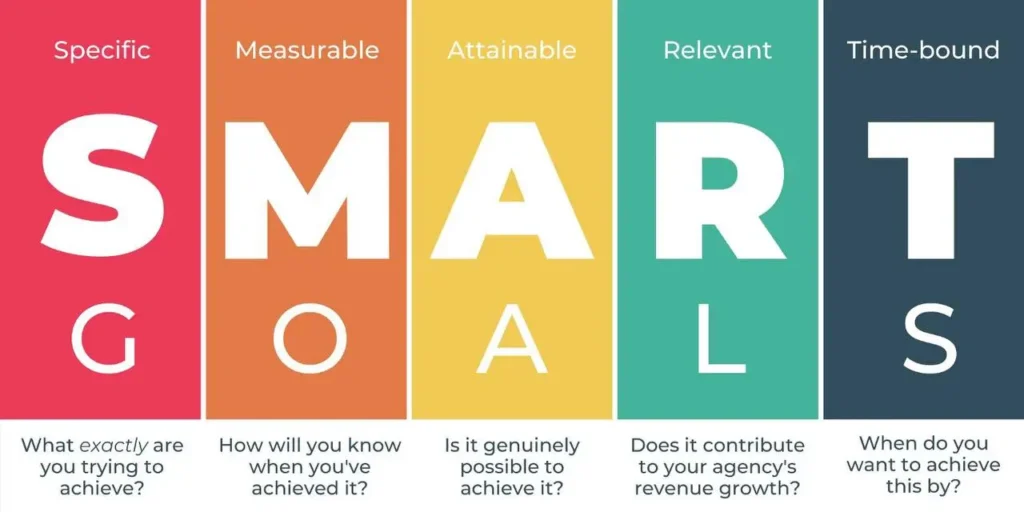Ever thought about working in sustainability but felt kinda lost on how to start—or worried it’s only for scientists or tree-huggers? I totally get it. The field’s vast, the jargon can feel like another language, and sometimes it seems like you need a PhD or centuries of fieldwork. Spoiler: you don’t.
Why Sustainability Careers Are Actually Blowing Up Right Now
First, it’s not just talk. Sustainability isn’t a side note anymore. Jobs in the green sector are growing at about 8% per year globally over the past five years. Even between 2022 and 2023, the share of green-skilled workers rose 12.3% across nearly 50 countries. Companies across msnufacturing, tech, retail, energy, finance—they all want sustainability folks, whether it’s for ESG, net-zero strategies, or reporting.
Basically: the world’s waking up. And it’s hungry for people who can steer us toward better practices, cleaner tech, and all-around greener goals.
So… Where Do You Even Start?
If you’re like, “Okay, that sounds cool—but what do I actually do?” Here are a few helpful entry points.
1. Build On What You Already Have
You don’t need to start over. If you’re an accountant, sustainability reporting and ESG compliance might be right up your alley. If you’re in operations, maybe think green supply-chain practices. The idea is: layer sustainability onto your existing skills.
2. Volunteer or Do Projects
Seriously, volunteering is a legit way to dip your toes in. Local orgs, clubs, campus groups—it’s all experience that helps you figure out what part of sustainability suits you. Maybe help with recycling programs where you work, or launch something small in your neighborhood—like that annual clean-up event or a composting club. Even small efforts count.
3. Intern, or Bring Sustainable Ideas to Your Role
If you’re already working, maybe pitch adding sustainability elements to your current job. If not, internships—especially those tied to CSR or ESG teams—can really help you get real experience.
4. Learn and Network
Taking sustainability certifications—like LEED or GRI—can set you apart. Same with industry networking. Attend a talk, reach out to someone whose work you admire, or just start reading about policy, climate finance, green tech. It’s like dipping a toe in; eventually, you’ll know where your passion hits.
What Kind of Jobs Are We Even Talking About?
Sustainability is sooo broad—so here’s a breakdown of some real-world roles and what they might pay (ballpark figures ahead).
- Sustainability Analyst / Coordinator – $50K–85K. These folks dig into data, track emissions, draft reports, support bigger sustainability strategies.
- Sustainability Consultant – $70K–150K. Work across companies, often advising on eco-friendly practices, resource efficiency, or ESG compliance.
- Renewable Energy Engineer / Smart Grid AI Analyst – $80K–150K. Blending tech, energy, and green goals.
- Circular Economy Designer – $60K–120K. Designing systems to reuse, recycle, and rethink waste.
- Environmental Scientist / Project Manager – Simlilar ranges; managing green projects, clean-ups, resource programs.
- Chief Sustainability Officer (CSO) – $180K–230K. Leading company-wide sustainability strategy.
Even roles like Renewable Energy Analysts, Ecologists, or Chemical Engineers hover around $70–85K early on.
What People Say: Reddit Chimes In
Over on Reddit, I spotted a few nuggets that felt like friendly nudges:
“Working in sustainability requires a broad range of skills… communication, stakeholder management, analysis… path often goes: analyst → associate → manager → director → CSO.”
“You just need to get your foot in the door… audits, data, basics can be self-taught. Many people transition from adjacent fields.”
“Be good with data—and know CDP, GRI, SASB, TCFD… systems thinking and storytelling matter too.”
All those voices remind me: soft skills and metrics matter in sustainability. You’re not just crunching numbers; you’re shaping conversations and systems.
So, What’s the Map Look Like?
Here’s a rough path, playing it casual:
- Explore what lights you up—energy? supply chain? policy? biodiversity?
- Start small—volunteer, green your workplace, or shadow someone doing cool work.
- Skill up—certifications help. But trust me, project smarts and storytelling matter ever so much.
- Network—easy step that pays hugely. Like, comment on posts, join sustainability groups, go to events.
- Apply strategically—tailor CVs, show tangible impacts, and genuinely show why you care.
- Grow with the field—keep learning, stay curious, and watch how sustainability becomes… everything.
Final Thoughts (Because Feels, Y’know?)
Honestly? Working in sustainability feels a bit like being part of a slow-moving revolution. You’re not just filling a job. You’re nudging systems, ecosystems—and future generations—a bit closer to balance. It can feel messy, because systems ARE messy. But that’s the fun of it. You’re translating policy into practice, data into emotion, risk into resilience.
So if you’ve ever stared at a polluted beach and thought, “Something’s gotta change,” or found yourself annoyed at how wasteful a system is—maybe that’s starting place. Remember: every field is greener than it was yesterday. Maybe yours is next.









